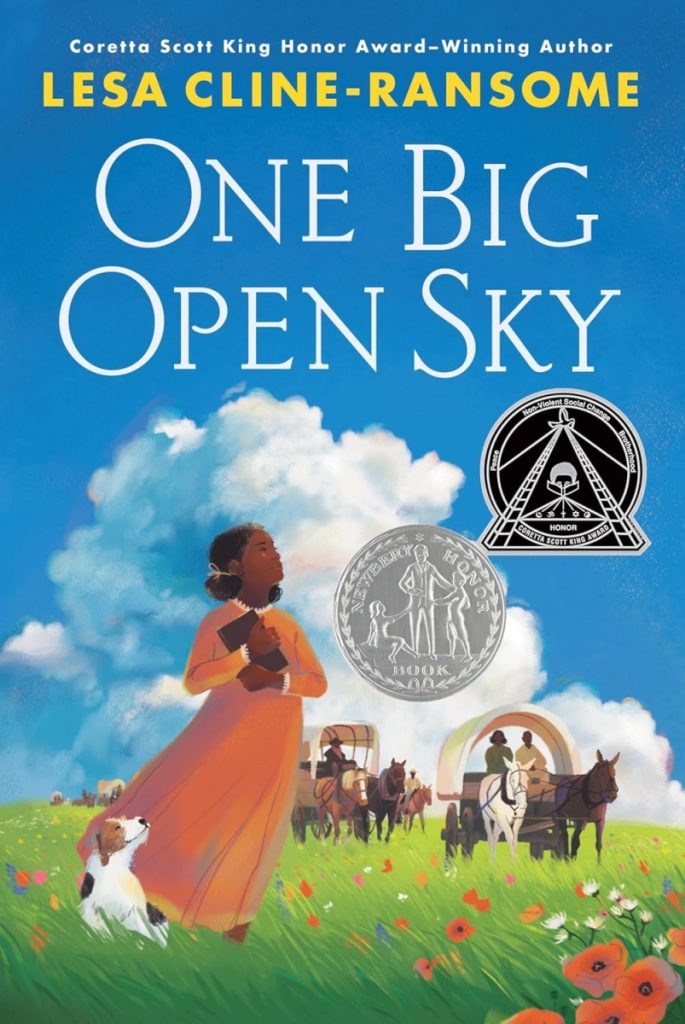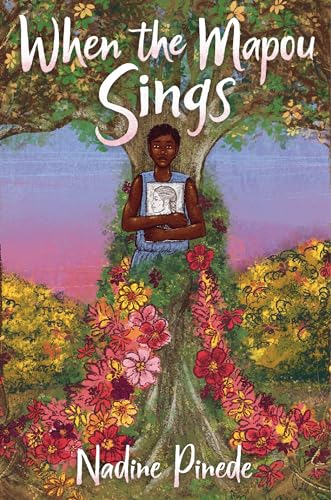A 16-year-old boy roams the streets of 1986 Rome while his mother works as an antique book restorer in “Run Away With Me” (Scholastic 2025) by Brian Selznick. First the boy sees a shadow, then a voice, then a beautiful Italian boy who looks like the statues of angels all over Rome.
Selznick. First the boy sees a shadow, then a voice, then a beautiful Italian boy who looks like the statues of angels all over Rome.
As is true of all Selznick’s stories (“The Invention of Hugo Cabret” which was made into the movie, “Hugo”), they exist in a state of dreaminess. The first 100 pages of this one are his magnificent hatch drawings of Rome’s architecture, statuary, and of the boys. For quite a while I wondered if the Italian boy was an imagined character.
The Italian boy names our character “Danny” and Danny names his friend “Angelo.” We do not discover their real names until the end of the book. Angelo knows the city and tells stories of its vast history as they visit the places we’ve seen in the drawings. Clearly, they’re falling in love, and this is one of the most beautiful books about new love that I’ve ever read. All the time, the reader is falling in love with Rome.
One of the many intriguing facts is learning that there’s an underground river that feeds all the fountains of Rome.
Danny knows his time in Rome is limited and he’s counting the days. Angelo tells stories of the twins, Romulus and Remus, brothers raised by wolves, and the mythical founders of Rome. There are stories about Dante and his helper who sculpted the elephant on the top of an obelisk, which the boys are drawn to.
A wonderful passage hints at the lonely itinerant life Danny shares with his mother. “But she and I had come to Rome, a map had appeared, which led me through a crack in the world into another universe, and even though there was a time limit to the invisible passport I’d been issued, I was happy. The one thing I was unable to imagine was bringing these two dimensions together.”
Each of the stories that Angelo tells and that the two boys explore lead back to the mystery of his mother’s work. Each story arrives at the situation of two men in love with each other and how they navigate society’s restrictions on them. One story from a century ago tells of two men who pose as brothers so that they can live together undetected as gay men. Even in 1986 when this story is set it was much more difficult for two men to love each other openly.
The conclusion of the book is told by Selznick’s beautiful illustrations. If that doesn’t lure you to read this book, the end notes are outrageously intriguing. You’ll wish you could have been in Rome when the author was writing this book.
Patricia Hruby Powell is the author of the award-winning books: Josephine; Lift As You Climb; Loving vs Virginia; and Struttin’ With Some Barbecue all signed and for sale at Jane Addams bookstore. Her forthcoming books are about women’s suffrage, Martha Graham, and Ella Fitzgerald, as well as waterfowl. talesforallages.com





